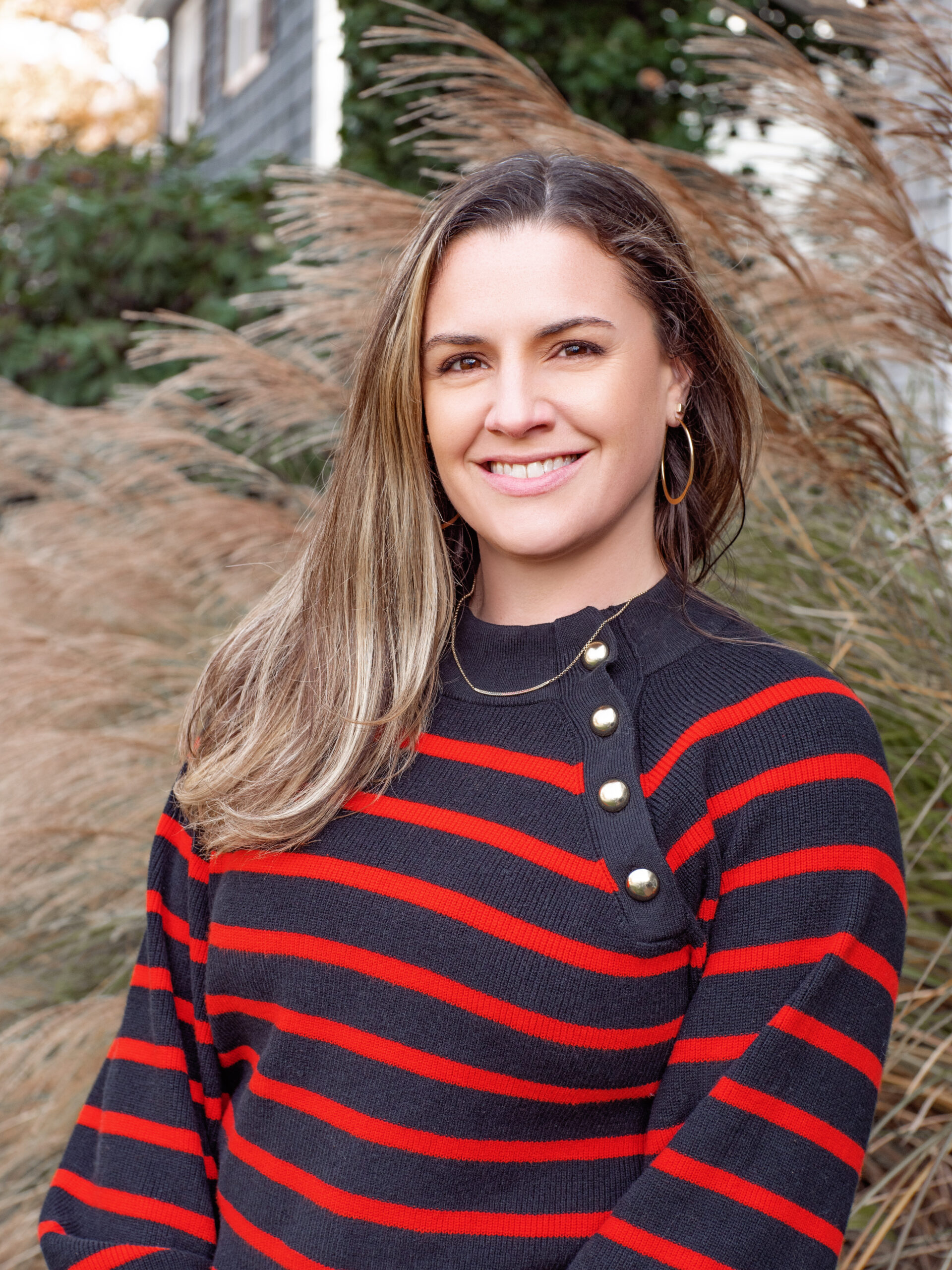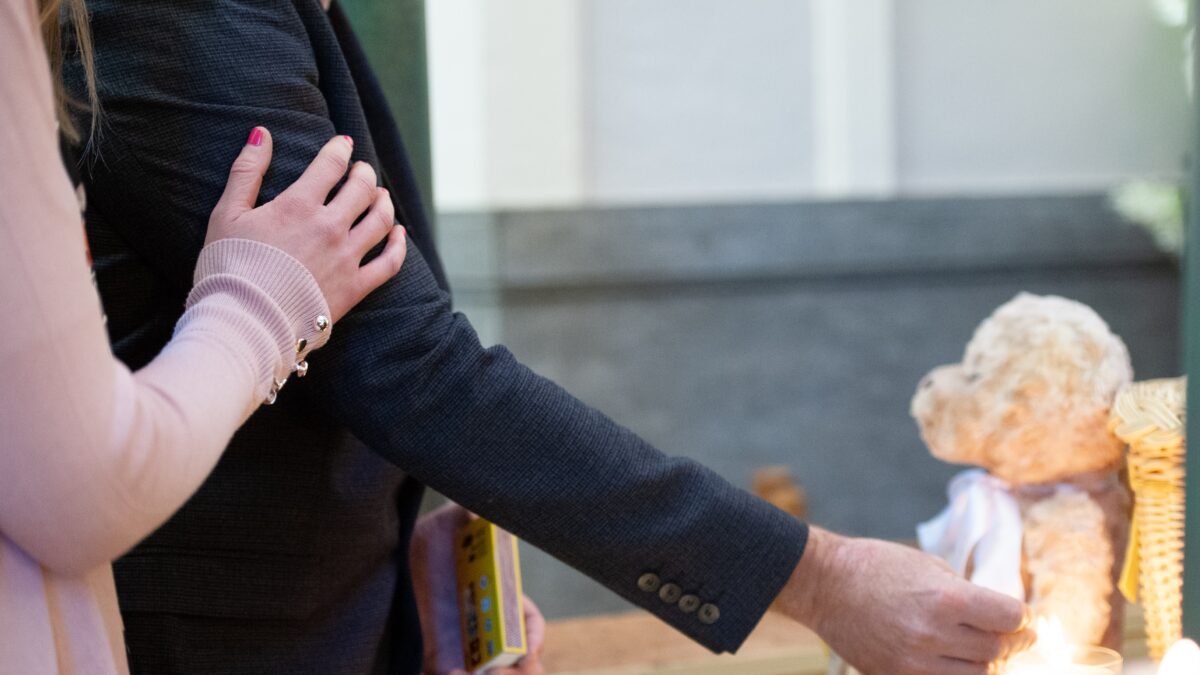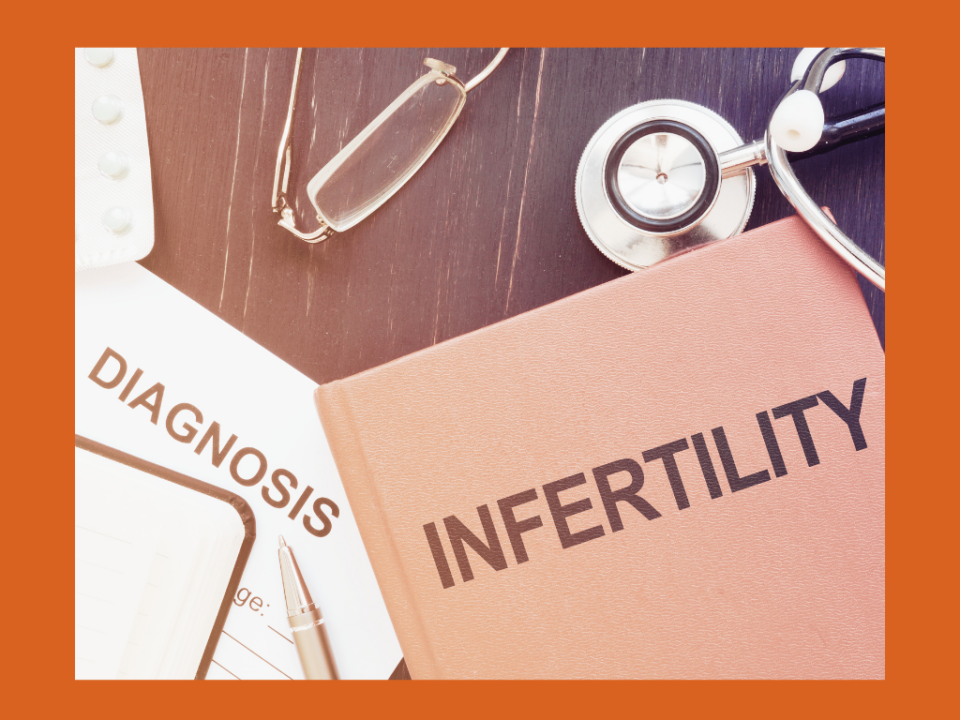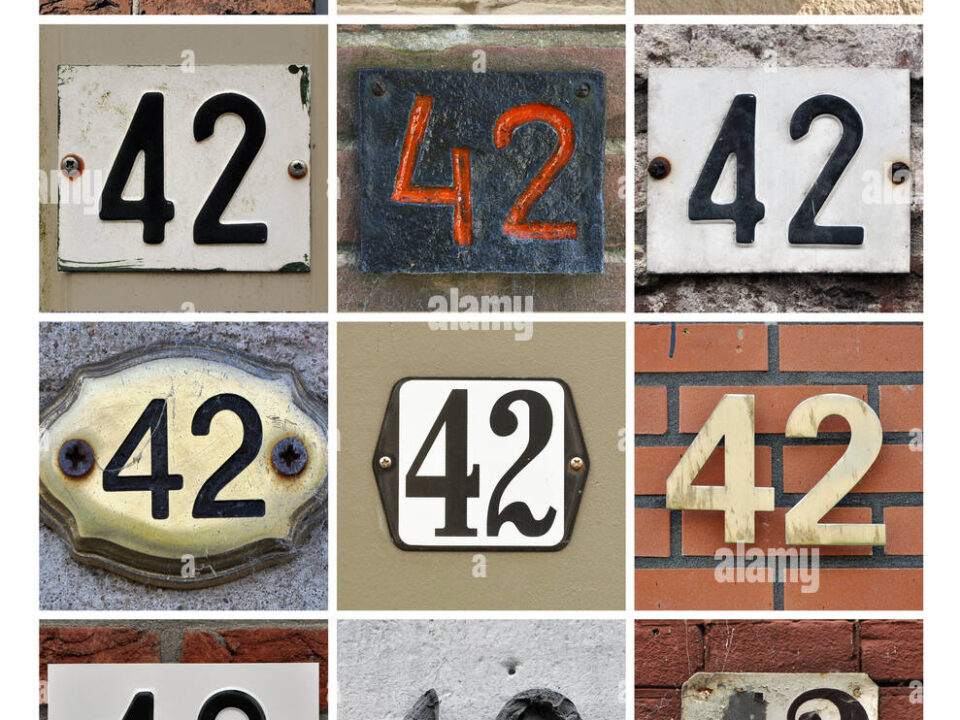
Blog Post: How to Protect Our Children by Addressing the Gun Crisis in the United States
May 25, 2022
Featured Family: Christina and Fallon
June 24, 2022When I had a miscarriage in 2015 I was completely blind-sided and had no idea how incredibly common it was. I quickly found out that one in four pregnancies ends in a loss. This fact catapulted me into a new direction. At first, I began to talk to friends and family about my loss and realized that many others who I had known for years had also experienced some type of liss. Then I met a filmmaker who I partnered with to co-produce the film, Don’t Talk About the Baby. During this journey we spoke to many loss moms, parents, friends, family members, physicians, nurses, counselors, researchers, support group leaders, and anyone else who had a story to tell. We wanted to show a tapestry of perspectives to weave a full picture of how far the ripple effects from pregnancy loss are felt. The film reveals that even though the subject is still quite taboo, we’ve all been affected by pregnancy loss and/or infertility, whether we’re aware of it or not. Here are some of the most important things I learned while talking to others about pregnancy loss.
1
No Story is the Same
Each person’s journey in loss is different. That ranges from the circumstances leading up to the loss, to how one may have experienced the loss, to how they were treated by their providers, how their relationships were changed afterward, and how they moved forward after the loss.
2
Loss is Loss
I always remember feeling a pang of guilt when I would share my own loss story with another person who may have had a later term loss or a stillbirth. But each time I was met with an extraordinary amount of compassion and validation that loss is loss, and no matter when you experienced that loss, your story mattered and your pain was very real. This is truly such a community of compassionate human beings.
3
Talking Helps
As hard as it can be to recount our losses, from the initial feelings of shock and disbelief to the heaviness of the grief after acceptance, sharing the experience with someone who is welcoming and willing to listen and offer a nonjudgmental space, can truly give loss-parents a sense of relief and aid in their healing process.
4
Downplaying any loss hurts
Many families I’ve spoken to and who were featured in our film expressed similar feelings when it came to hearing platitudes from well-intentioned friends or family members. The overwhelming sentiment is that they do more harm than good. No one who has lost a baby, regardless of how far along they were in their pregnancy, wants to hear things like, “God always has a plan” or “Everything happens for a reason” or “At least (fill in the blank)”. None of these are helpful and only make us feel worse for feeling sad or angry about what we have just experienced. And that just makes healing an even more difficult process.
5
Loss Moms are Warriors
If there is one thing I can say after talking to countless moms and parents over the years is that they are warriors. Grieving something that is invisible to the rest of the world is isolating, but somehow they make it through the day. Grieving publicly by sharing their stories leaves loss-parents wide open for judgment or (sometimes worse) indifference, a reminder that many people are ready for them to “get over it”. Then there are those who refuse to sit back and let loss continue to live in the shadows as something we deal with but don’t talk about. Those who start foundations, fundraising events, and travel to Washington DC to demand better research and increased funding so we can begin to reduce pregnancy loss. We’re fighting battles from the internal to the institutional and we hold each other up every step of the way.





